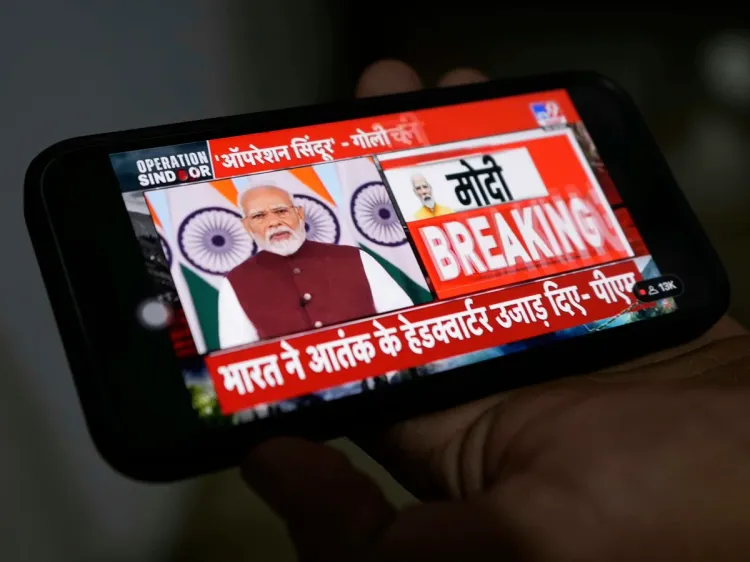Dehumanization in Online Discourse: Lessons from the CEO's Murder
The murder of UnitedHealth CEO Brian Thompson in New York City has not only left the healthcare industry reeling but also exposed a troubling aspect of modern social media: its celebration of tragedy when the victim is unpopular in the court of public opinion. Social media’s often polarized, oversimplified discourse—fueled by algorithmic silos—has revealed a concerning lack of nuance and empathy.
Brian Thompson, a key figure in one of America’s largest healthcare providers, was tragically shot in what police have described as a targeted attack. The murder sparked shockwaves across corporate circles. Yet, in the realm of social media, the response was far from sympathetic. Platforms such as Twitter, TikTok, and Reddit quickly flooded with memes, dark humor, and even celebratory commentary.
Critics of the U.S. healthcare system seized the moment to express frustrations, mocking Thompson and, by extension, the broader system he represented. Some users questioned whether his insurance plan would have covered his emergency treatment, while others joked about out-of-network hospital charges. While these quips aimed to critique systemic flaws, the tone underscored a disturbing trend: the dehumanization of individuals based on their professional roles or perceived affiliations.
At the heart of this phenomenon is the nature of social media silos. Algorithms designed to maximize engagement often create echo chambers where users are exposed primarily to content that reinforces their existing beliefs. Over time, this insular environment breeds a binary worldview: good versus bad, hero versus villain.
In Thompson’s case, his role as the CEO of a major healthcare insurer automatically placed him in the “villain” category for many who view the U.S. healthcare system as exploitative. Social media users, disconnected from the nuances of his personal life or professional complexities, reduced him to a symbol of their frustrations.
The lack of nuance on these platforms amplifies this problem. Social media thrives on simplicity and sensationalism, favoring content that elicits strong emotional reactions. Complex issues like healthcare reform or corporate accountability are rarely addressed in full; instead, they’re distilled into digestible memes or inflammatory tweets. The result is a loss of empathy and an inability to see individuals beyond their societal roles.

This black-and-white mentality has far-reaching implications. By dehumanizing individuals like Thompson, social media fosters a culture of retribution rather than constructive dialogue. The celebration of someone’s death—regardless of their perceived shortcomings—reflects a moral erosion within online communities.
Moreover, such behavior risks overshadowing legitimate critiques of systemic issues. The U.S. healthcare system undoubtedly has flaws that need addressing, from inaccessible care to inflated costs. However, focusing ire on an individual distracts from these broader conversations, reducing the chance for meaningful reform.
The UnitedHealth CEO case serves as a stark reminder of the dangers of social media silos. These platforms, while powerful tools for connection and advocacy, also have the capacity to perpetuate divisiveness and desensitization. Breaking free from these silos requires conscious effort—from both users and the platforms themselves.

For users, this means actively seeking out diverse perspectives and engaging in critical thinking. For social media companies, it necessitates rethinking algorithms to prioritize nuanced discussions over sensationalist content.
The murder of Brian Thompson is a tragedy that should prompt reflection, not celebration. As society becomes increasingly digital, fostering empathy and understanding it online is more important than ever. Only by addressing the flaws of social media silos can we hope to cultivate a more compassionate and informed public discourse.
Fatima Hassan is a freelance journalist and the co-founder & Multimedia Editor of Echoes Media, dedicated to crafting impactful stories that resonate with diverse audiences. A journalism graduate of Northwestern University, Fatima combines analytical rigor with creative storytelling to explore complex issues and amplify unheard voices.






Member discussion